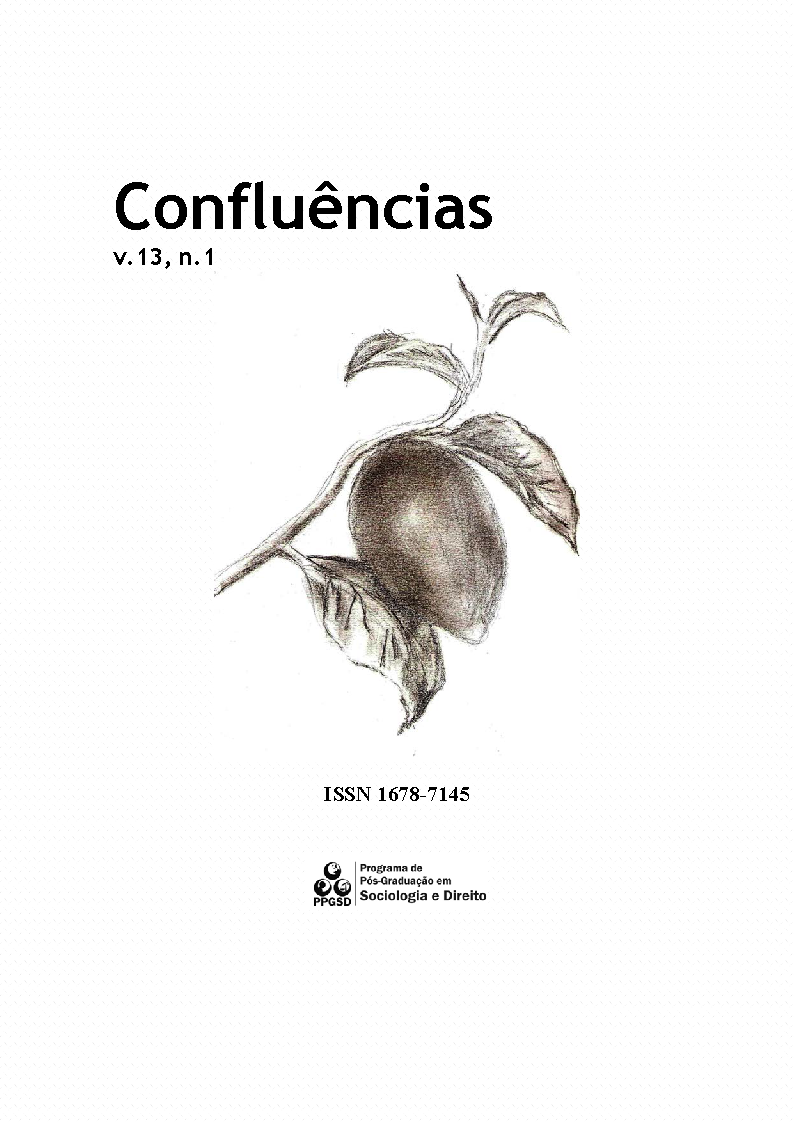A discriminação das rendas no Brasil: Debates na Assembleia Nacional Constituinte (1890-1891)
DOI:
https://doi.org/10.22409/conflu13i1.p165Keywords:
First Republic, the National Constituent Assembly, Taxation.Abstract
One of the major topics discussed intensively with the establishment of the Republic in the country was the need to establish what are the taxes that force in Brazil, and more than that who possess the power to their collection. There was no explanation that one of the most debated points in the first Constituent Assembly was concerned that taxes would be the competence of the Union and which would be imposed by states. In fact this dispute over the breakdown of incomes in the country involved an even deeper problem, namely, the creation of the federation. Thus, this paper demonstrates how debates about the country's tax structure may elucidate how the political groups of that time stationed themselves before the need for construction of the Brazilian Republic. To do so will be made use of the Proceedings of the National Constituent Assembly of 1890-1891.Downloads
Download data is not yet available.
Downloads
Published
2012-11-29
How to Cite
Petereit de Paola Gonçalves, P. (2012). A discriminação das rendas no Brasil: Debates na Assembleia Nacional Constituinte (1890-1891). Confluências | Interdisciplinary Review of Sociology and Law, 13(1), 82-95. https://doi.org/10.22409/conflu13i1.p165
Issue
Section
Artigos
License
The authors hold the copyright, with first publication rights granted to the journal, being the work simultaneously licensed under the Creative Commons Attribution Licence, which allows the work to be shared with acknowledgement of authorship and first publication in this journal.
The authors have authorization to separately purchase additional contracts of non-exclusive distribution of the work's version published in this journal (e.g.:publication in institutional repositories or as a book chapter), with acknowledgment of authorship and first publication in this journal.
The authors have permission and are encouraged to publish and disseminate their work online (e.g.:in institutional repositories or on their personal page), at any point - either before or during the editorial process, since it may generate productive changes, as well as increase the impact and citation of the published work.







